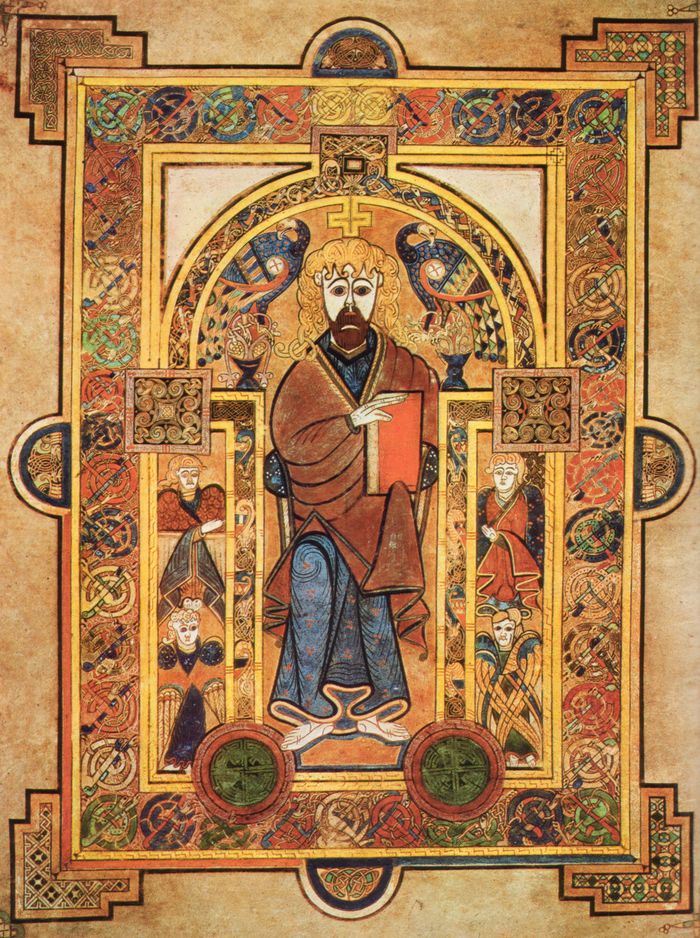Great Britain
The history of the short story in Great Britain can be traced back to the very earliest epoch, before even the formation of the language itself. By varying one`s definition of the term “short story,” it is possible to fix a date as early as the Seventh or the Eighth Century A.D., or as late as the days of Addison, a thousand years after. The first example chosen for this collection is a brief episode from the Anglo-Saxon epic tale of Beowulf When “our own branch of the Teutonic race migrated from the Continent, among the furniture it deemed too precious to be left behind was, apparently, the group of legends from which sprang Beowulf” .
Apart from such largely mythological works, we find in the ecclesiastical literature (particularly in the writings of Bede and Alfred) little stories which were used in sermons. These were popular for centuries, and in the form of apologues and fables were in later times collected into such books as the Thirteenth Century South English Legendary.
To trace the many and diverse influences—French, German, Scandinavian and Celtic—that operated to produce the tales and poetical romances of the Middle Ages, is here out of the question. It is sufficient to state that tales and traditional lore from all these sources were told and retold by poets and singers, priests and kings, each adapting the old material to his own ends. Of the writers who flourished in England before the time of Malory, only a few are represented in this volume: the authors of the stories in The Mabinogion and the Gesta Romanorum, and Geoffrey of Monmouth.
Chaucer`s contribution to English literature is, of course, of the first importance, but his original prose tales are neither very short nor very interesting. His contemporaries, Langland and Gower, were somewhat better equipped, bringing as they did a sense of proportion into their otherwise inferior work. In the period between Chaucer and the end of the Fifteenth Century, when the Morte Arthur appeared, there is, except for the Gesta Romanorum, very little to detain us in our rapid survey of the development of the short story.
Stories of Boccaccio
When the ideas of the Italian Renaissance were at last introduced into England, there were several writers ready to translate, adapt, and imitate the stories of Boccaccio and his followers. Among the first of the English collections of tales was Painter`s famous Palace of Pleasure (1566-67), to which Shakespeare was indebted for more than one of his plots. Though the Elizabethans never altogether assimilated the Italian tale, men like Green occasionally produced clever imitations. Thomas Deloney was an exceptional figure: his homely and realistic stories of middle- and lower-class life are still worth reading. The other fiction writers—Lyly and Lodge and the rest—were preoccupied rather with evolving a literary style than with the telling of effective stories.
Read More about The Raising of Lazarus 2









